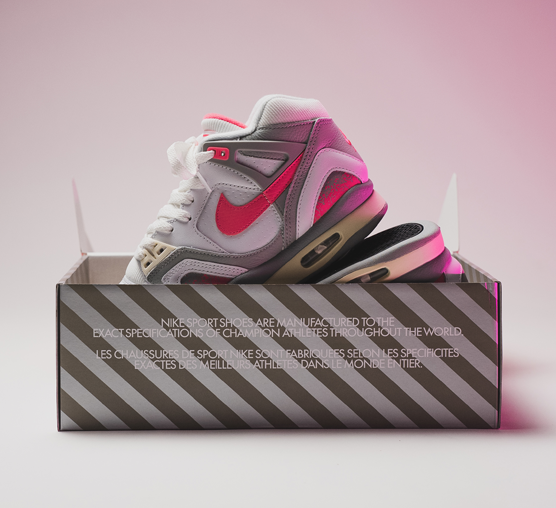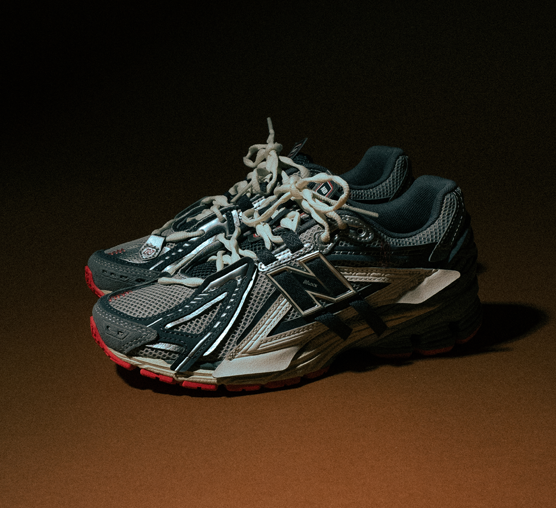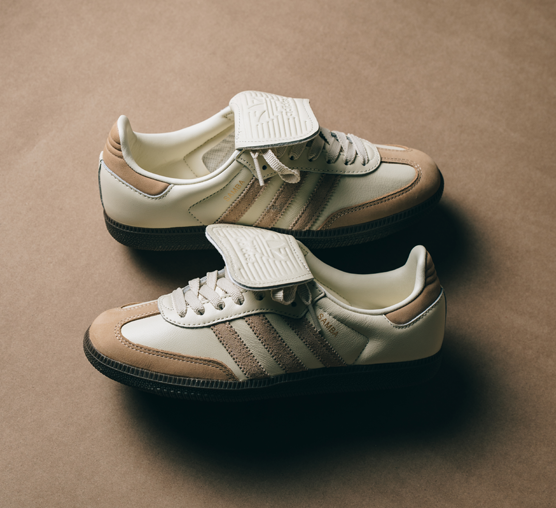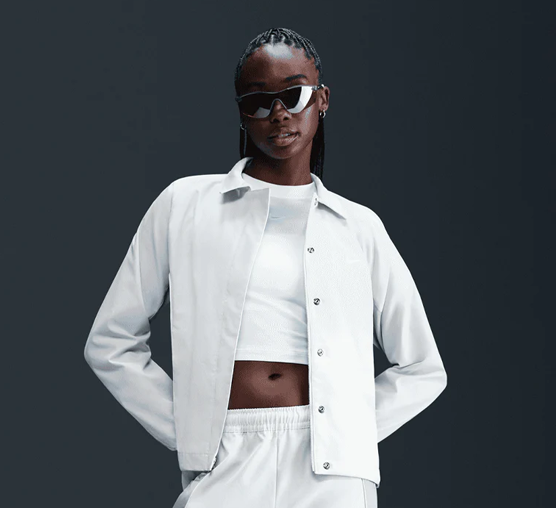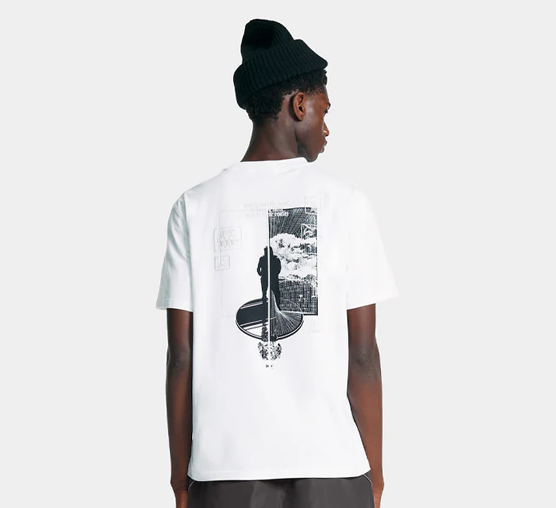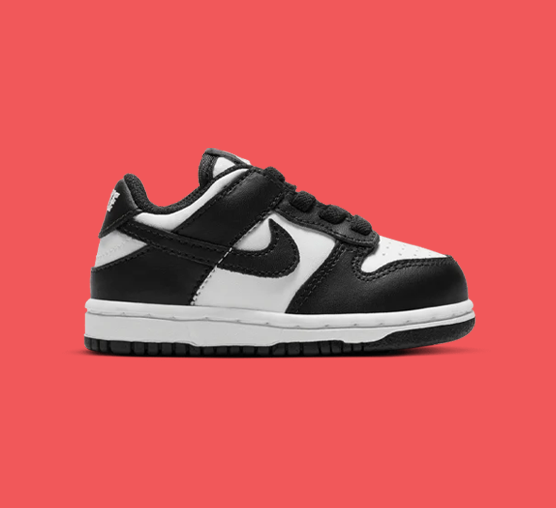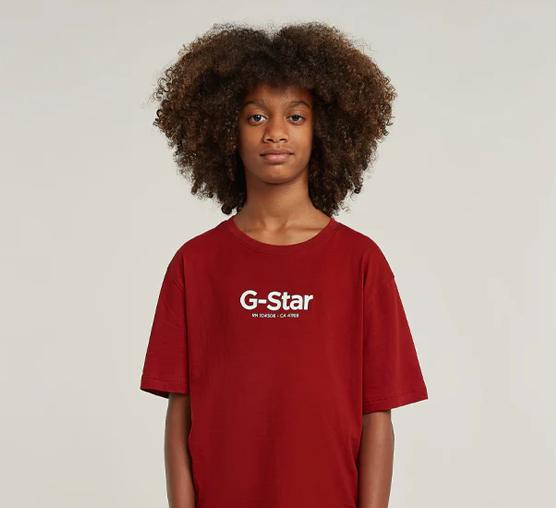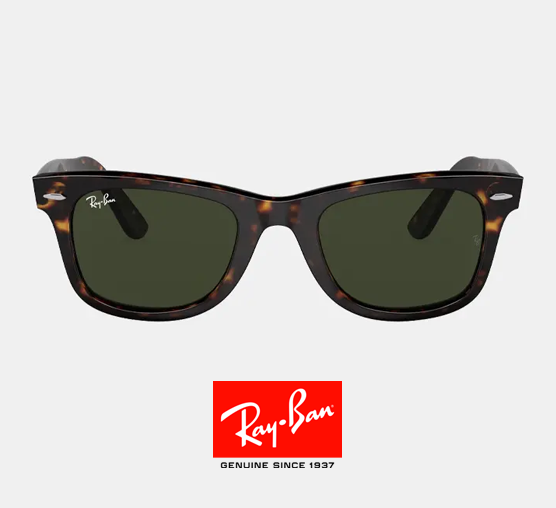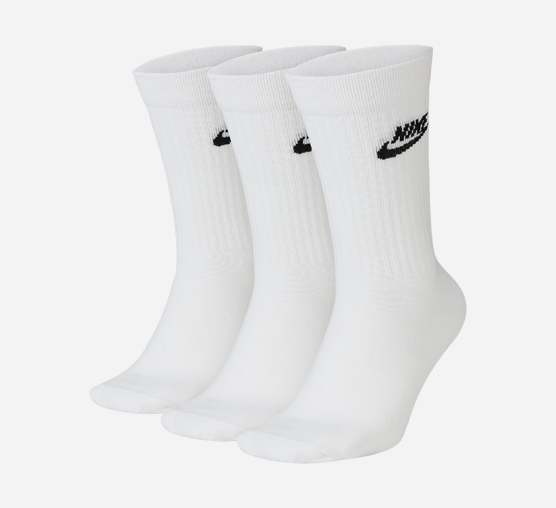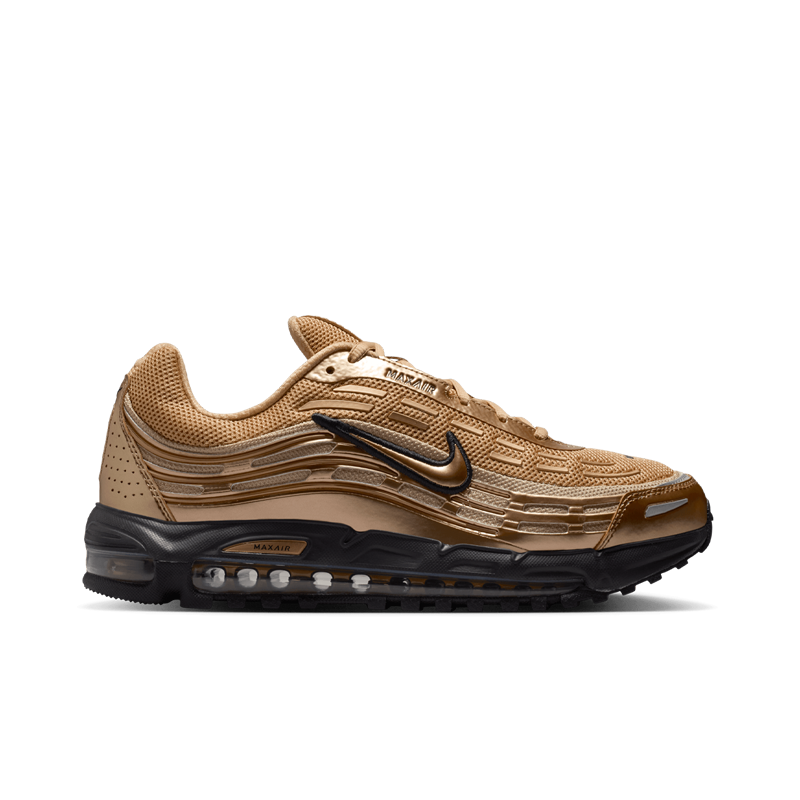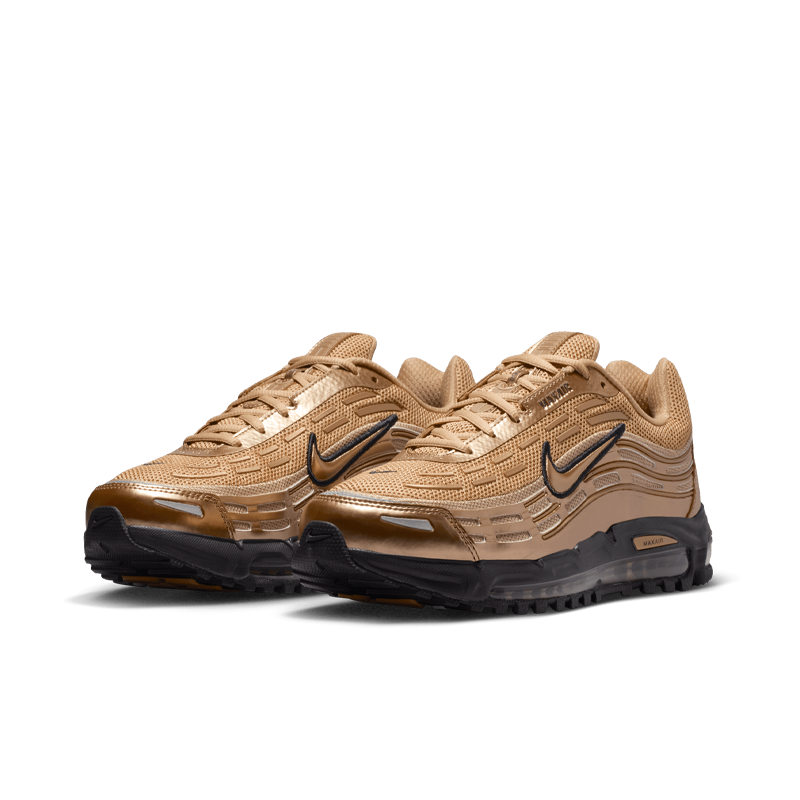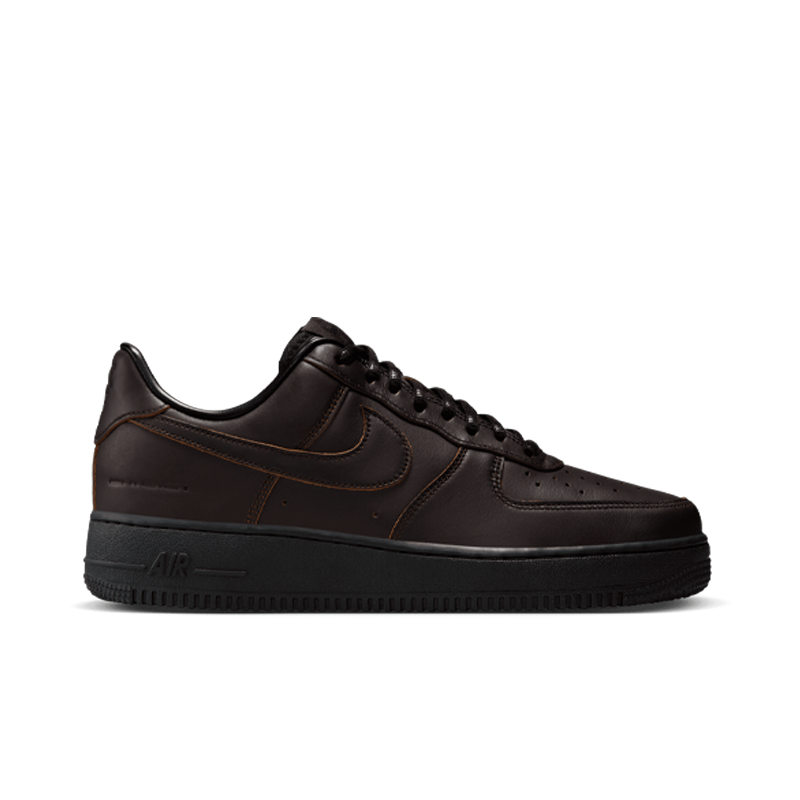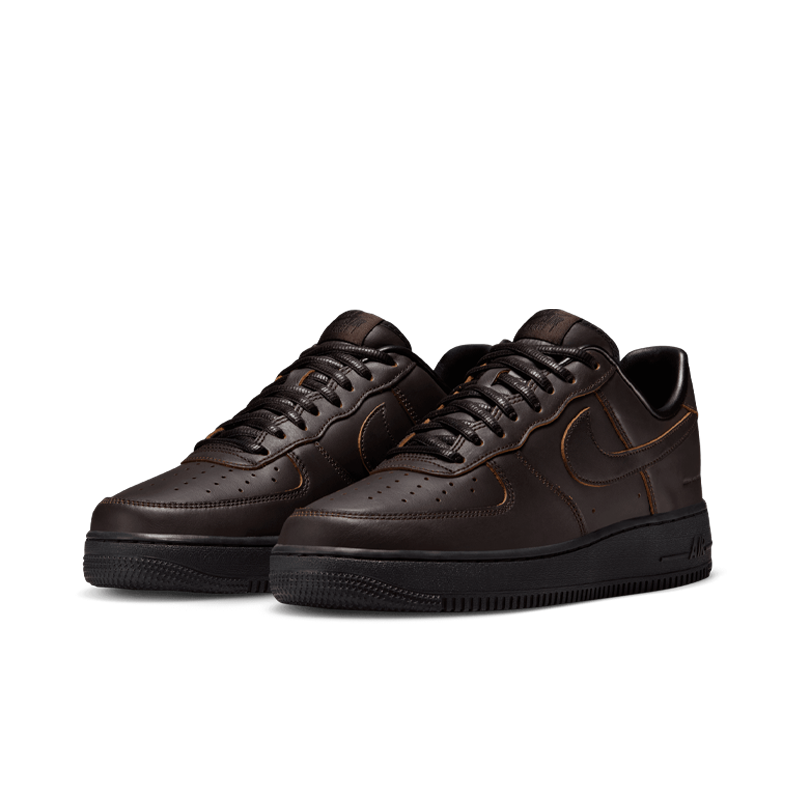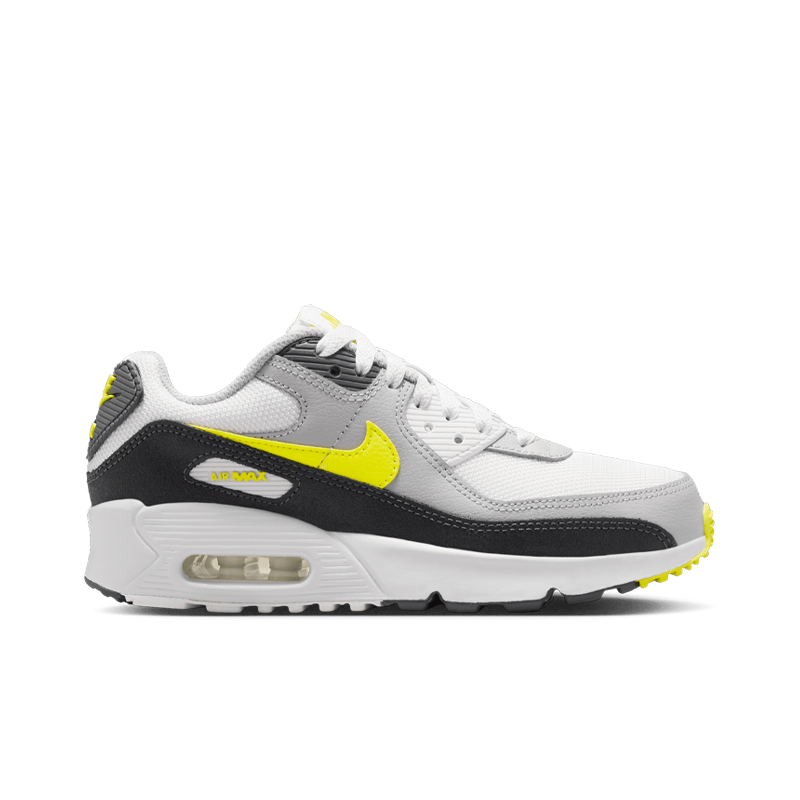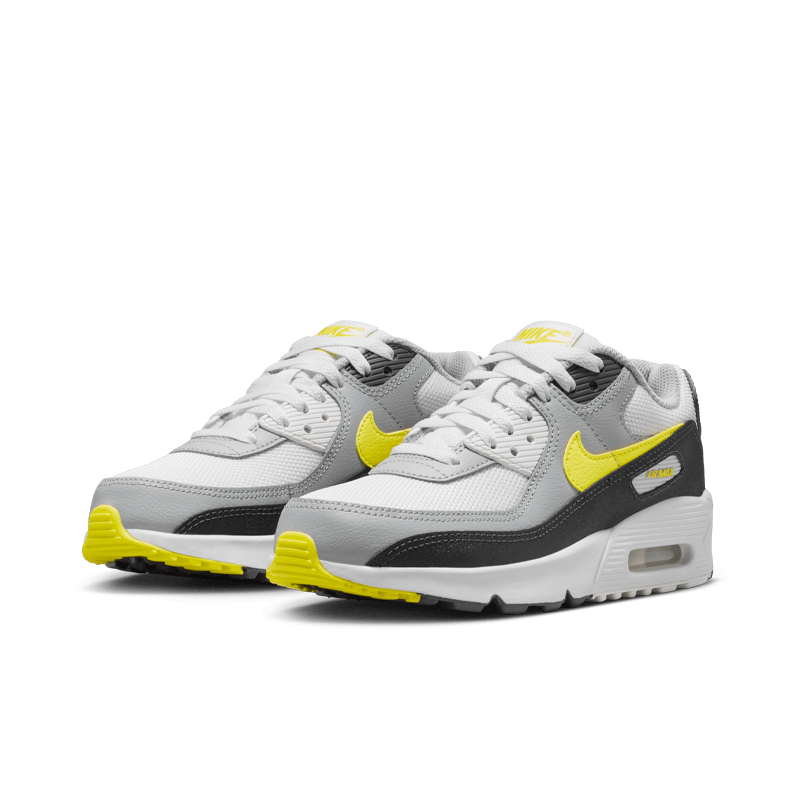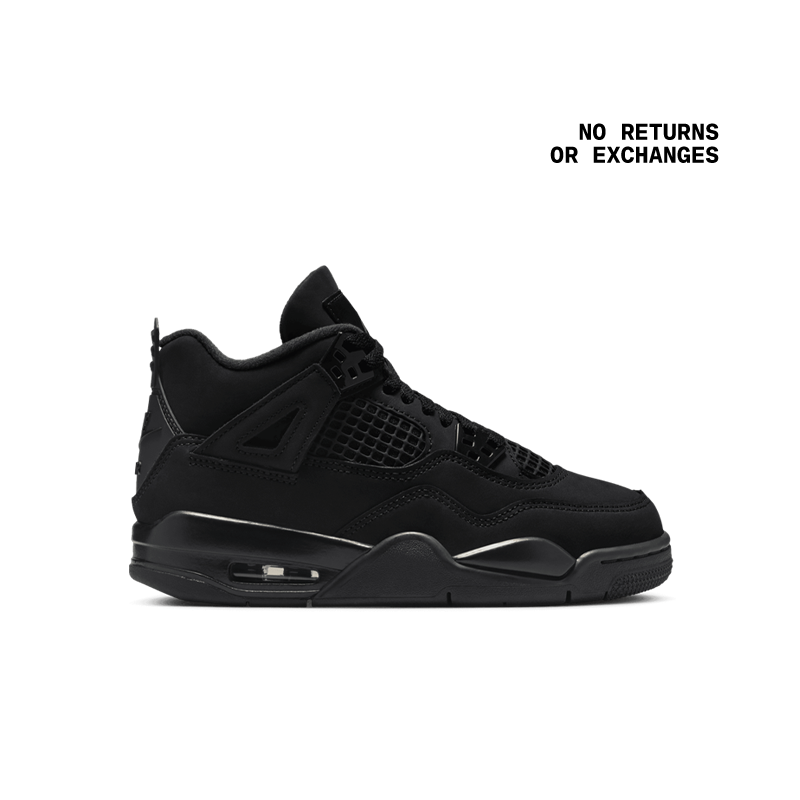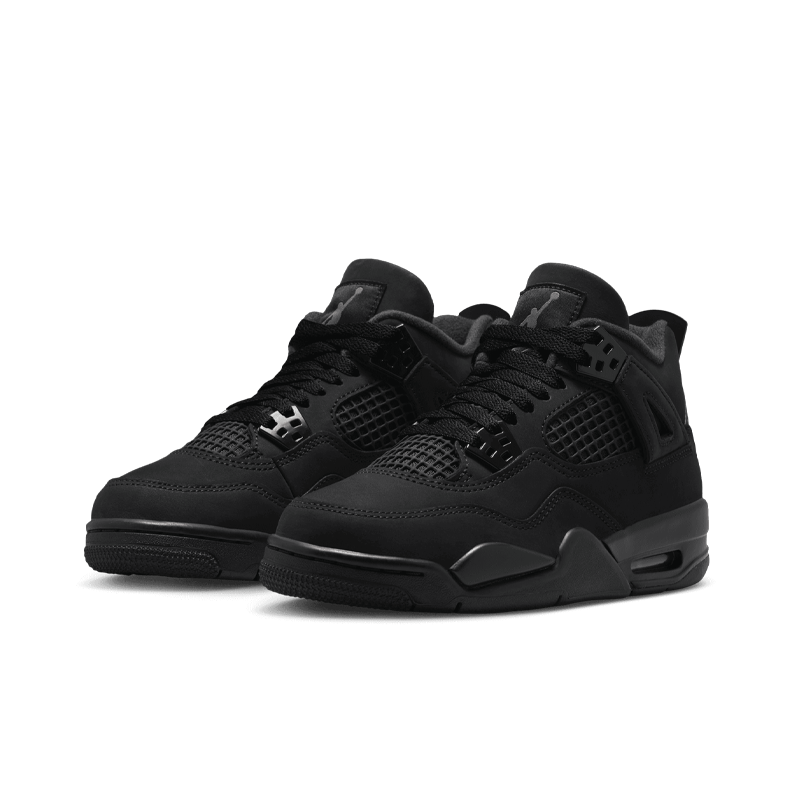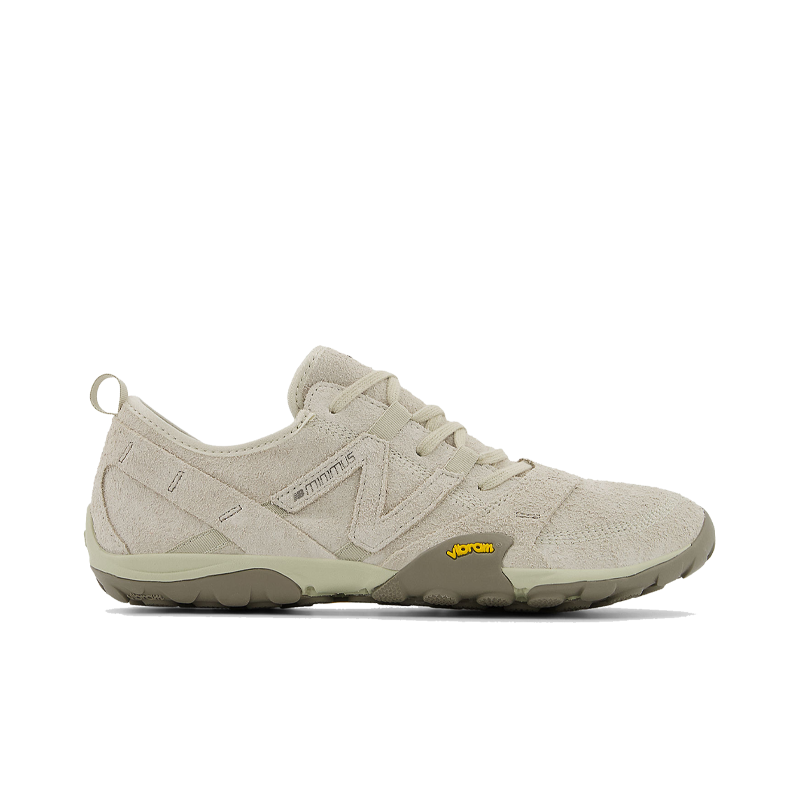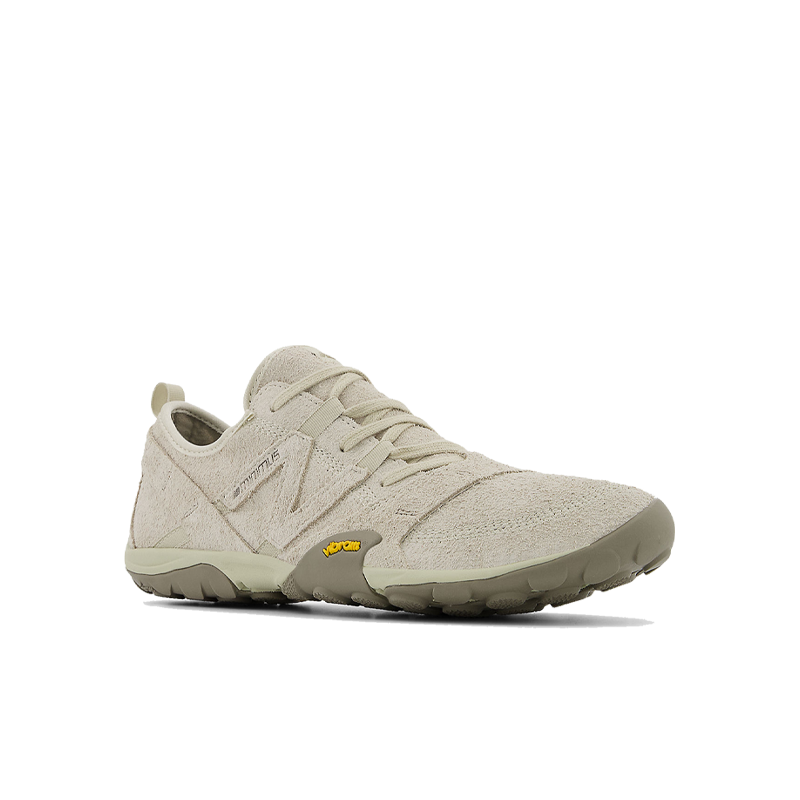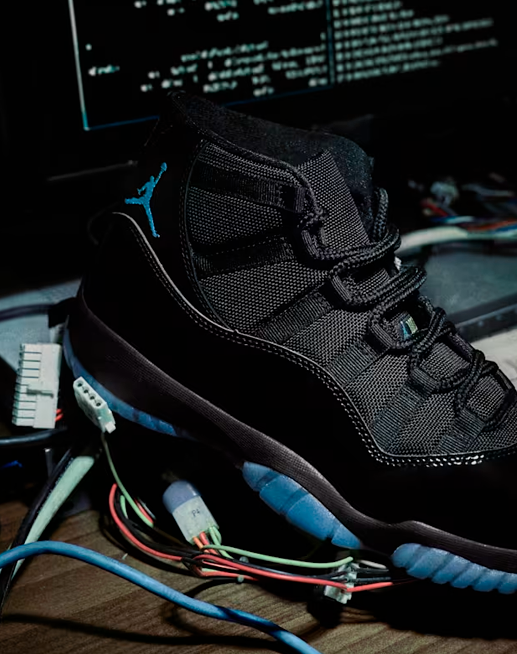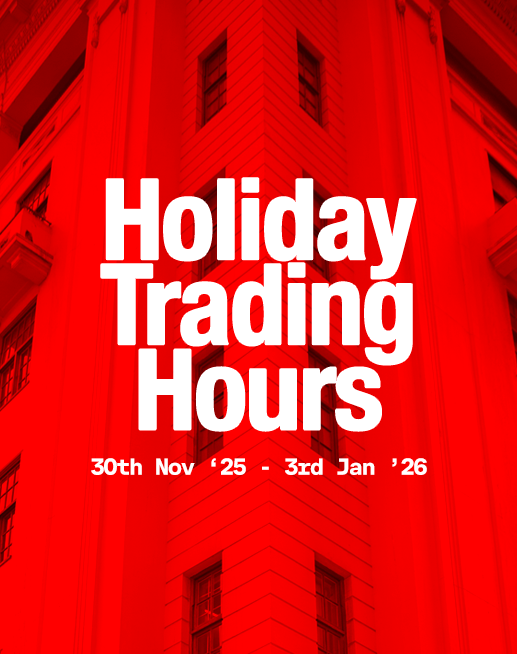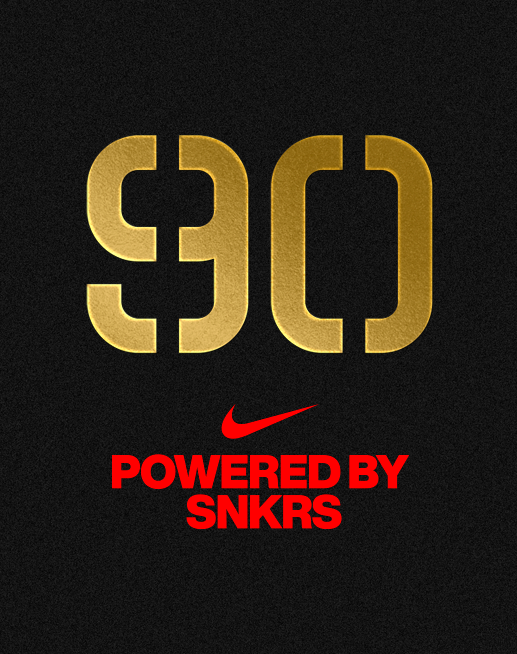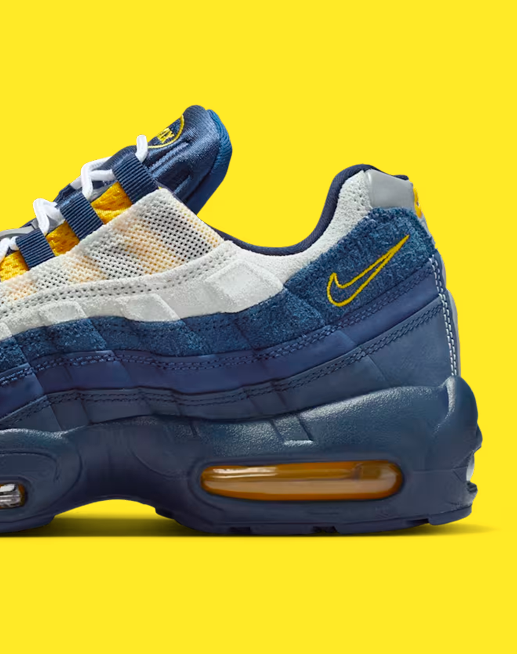-
CategoryCommunity
-
Date20.05.24
-
AuthorJack lemkus online admin
-
Read Time5 MIN
“I got into fashion through the love that I have for clothes. I’ve always been interested in how clothes sit on people. I started interning years ago with a guy called Peacemaker and his brand was called GOAT - he was making really beautiful and crazy garments. I loved the entire design process, and I’m fascinated by pattern-making and construction.” Funky explains his initial segue into the fashion scene, which would later go on to include tutorship under the auspices of Corner Store (if you know, you know), with Funky’s fashion lineage tracing the contemporary evolution of Cape Town’s design scene in the last decade.


“I love studying archive pieces and understanding how they are made. If an item is made thirty years ago or forty years ago - and the piece itself is older than me - and it's still in great condition, and the designer behind it is innovative, I can learn a lot from the garment itself in understanding the importance of how and why clothing can be so significant. Whether it's the fabric, or the silhouette, or the technology behind creating the piece - it tells a story that I feel is important for me to understand.”
“I collect vintage and contemporary, and if it's my pieces from Wanda Lephoto or Lukhanyo Mdingi, I know that their value and cultural significance will continue to the story of fashion in South Africa. All the things I collect tell a story of the time in which it was made and what was going on around it.”
On being a stylist and bringing individual life to garments through a campaign, editorial or lookbook, Funky notes that “as a stylist, I always consider that people always have their own style. That style might change tomorrow - and things do change, and they also stay the same. We might have an era where everyone is wearing baggy parachute pants, but loose-fit or straight legs will still matter.” The idea of sartorial expression is a collaborative one, with Funky’s concern being the personal taste and essence of whoever he is dressing, “when I go into a job or execute a brief, it's not always what I feel like is the flyest or best thing. I want to work with people’s personal style and that they’re comfortable with how I’m dressing them.”
Funky’s lookbook with us is winter-focused, centred around multi-functionality: mixing tailoring with tech-wear, and playing with fit and form. Funky’s stylistic point of view asks us to consider just how adaptable each garment can be, and the role of the stylist is precisely to get us to consider that style is how you wear something - not simply, what you wear, as Funky says, “I want to show people how to wear clothes and how to be comfortable. Can a T-Shirt or a crew neck be used as a scarf? I’m really excited by the idea that styling can communicate how to wear something in ways people might not have known before. I love seeing people in the street wearing things in ways that I’ve never imagined – that always keeps me going. Also, old people are so cool and to see how they dress shows me so much how style changes and evolves.”

“I think there’s a lot more to come with menswear in South Africa. I’ve been thinking about how there’s a feminine touch that we haven’t seen or discovered yet with menswear fashion – I think it's the influence of streetwear, where we have seen everything being baggy and big. I’m really interested in fitted and neat tailoring in menswear. I’m more inspired by womenswear and how designers like Lukhanyo Mdingi, Thebe Magugu and Rich Mnisi, UNI FORM and Nao Serati are doing with womensear and I’d like to see more of their approach translated into menswear.”
Funky consistently brings it back to construction, and reminds us to not get encumbered by trends and herd-mentality; instead, how do we learn to appreciate fashion in all its diversity and varying potential.

“we are in the best place that we’ve ever been in terms of fashion, in South Africa. I see a lot of the kids that come to the store and are really interested in fashion - and a lot of people are making things, which is particularly exciting to me. I love their curiosity and that we have these small stores in Cape Town. Being able to give them a recommendation for an artist, or a contact or share with them how something is made or telling them to study and read about a designer - that’s the best feeling ever. I think South Africa fashion is expanding – what matters is your idea and the thought-process. Shout out to the people that inspire the kids to tell stories.” Funky exemplifies a deep appreciation for the culture and storytelling embedded within clothing - that a garment or a shoe is the culmination of a profound creative and technological process. We are taking notes.
